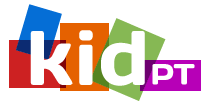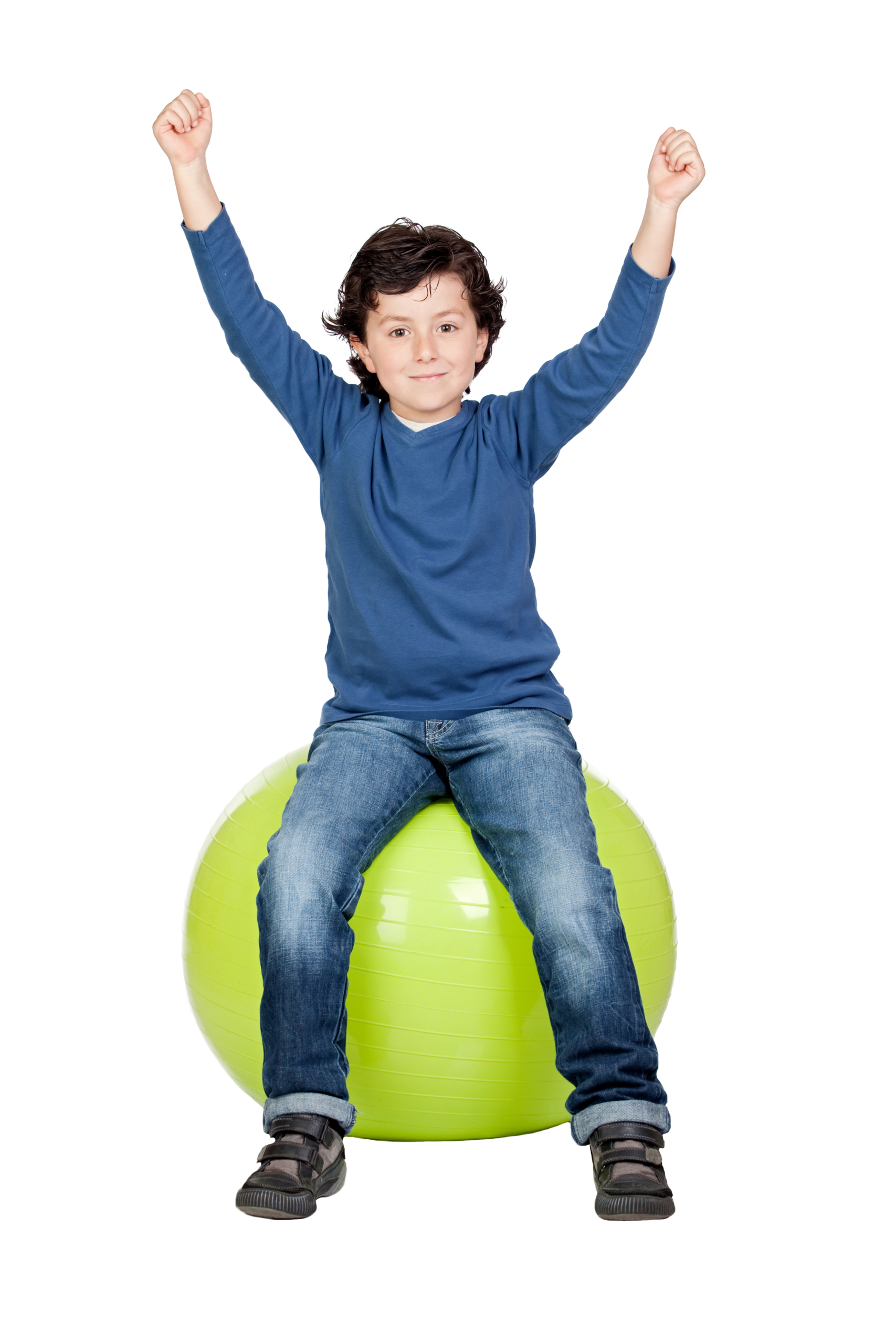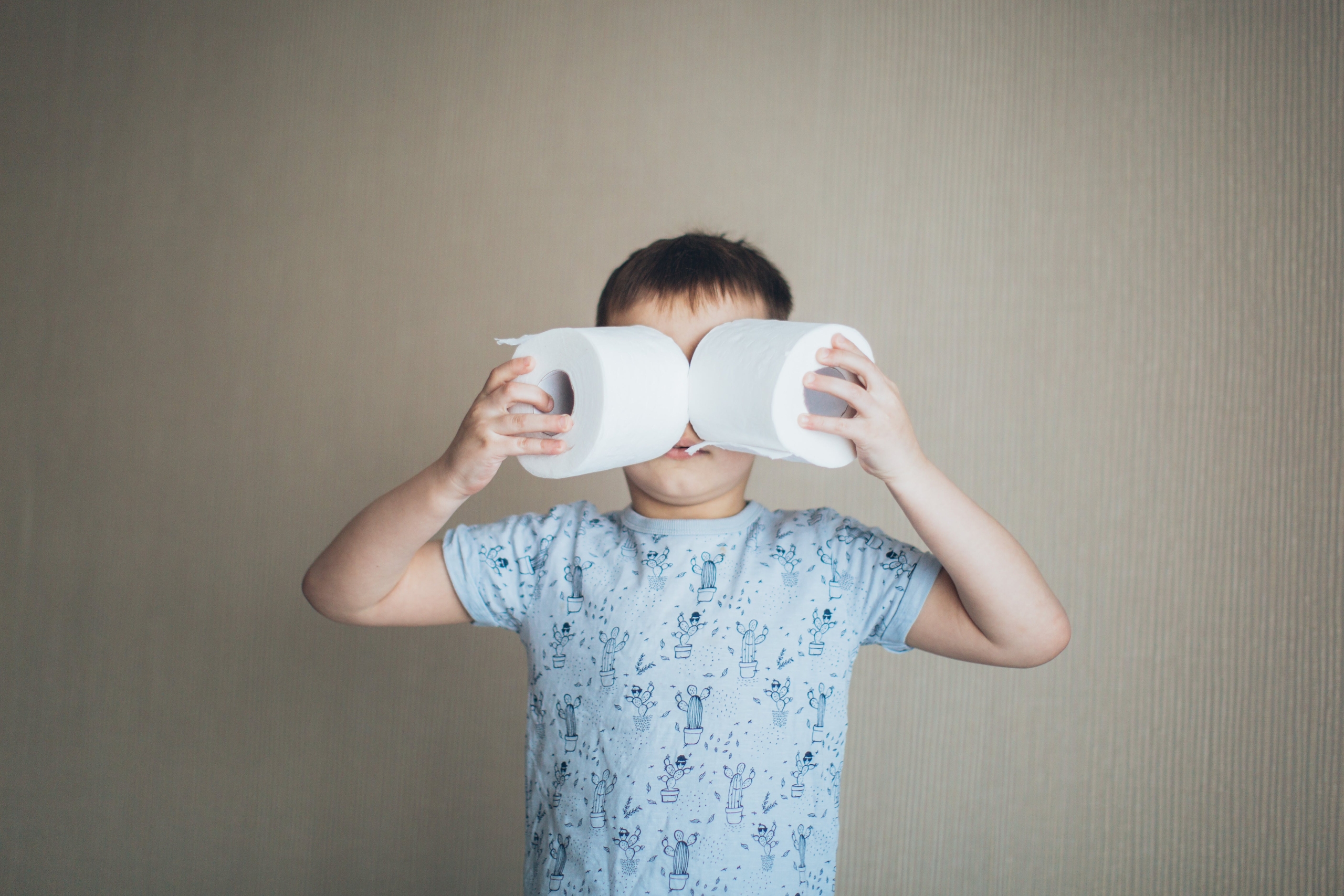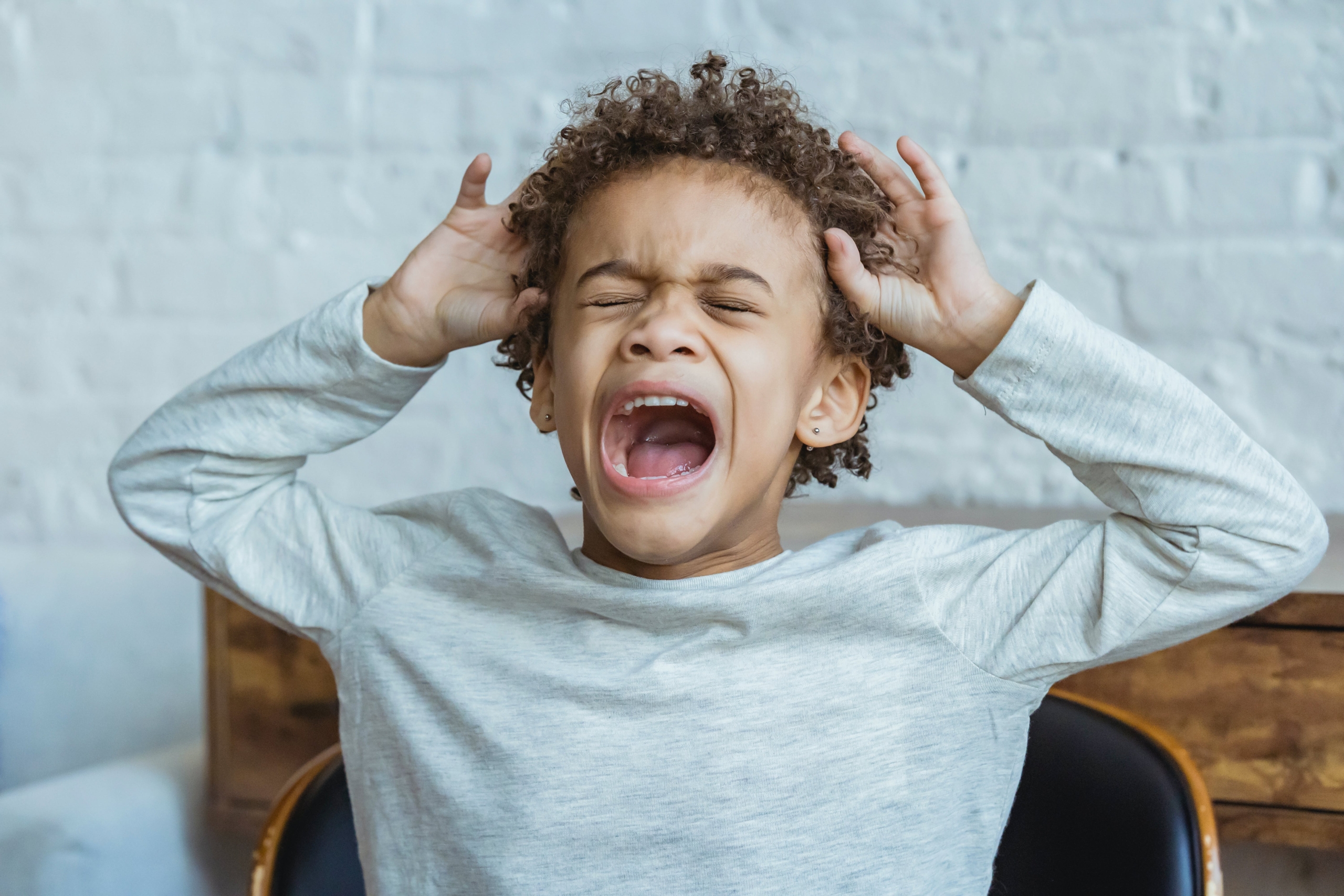

- Call 908 543 4390
- Email
- Dr.Joni Redlich PT,DPT


Children with ADHD often face a myriad of challenges beyond what meets the eye. While attention deficits and hyperactivity are commonly recognized symptoms, let’s delve into five lesser-known issues that can significantly impact a child’s daily life: interoception, balance, constipation, vision, and executive function. In this blog post, we’ll explore each of these under-recognized issues and how specialized pediatric occupational therapy and physical therapy can offer effective interventions to support children with ADHD. These challenges aren’t just areas of concern; they’re opportunities for improvement that can enhance your child’s self-esteem, confidence, and ability to tackle challenges head-on.

We all know about our 5 senses, but there are also internal senses that tell us about our bodies, how they feel, and how they move. One of those internal senses is called Interoception. This refers to the ability to perceive internal bodily sensations, such as hunger, thirst, and the need to use the bathroom. Many children with ADHD struggle with interoception, leading to difficulties in recognizing and responding to their body’s signals. This can result in irregular eating habits, dehydration, and challenges with self-regulation.
Think about a time that you were hangry! If our children are feeling hungry or thirsty, and are not skilled at feeling and interpreting those messages from their bodies, focussing on a teacher or playing with a friend can be really difficult.
The good news is that specialized therapy techniques, such as sensory integration activities and mindfulness exercises, can help improve interoceptive awareness and promote better self-management skills. A great resource to learn more about interception is Kelley Mahler’s website here. Our therapists at Kid PT use the Interception Curriculum she has developed to support our children’s improved awareness of their sensory awareness from the inside out.

Maintaining balance and coordination is essential for daily activities and participation in sports and recreational activities. It even impact the classroom setting, as children need to have the postural control to separate their eyes from their head and bodies, while listening and learning at the same time. However, children with ADHD often experience difficulties with balance, which can affect their confidence and overall physical well-being. Through targeted physical therapy interventions, such as balance training exercises and vestibular stimulation, children can enhance their balance skills and reduce the risk of falls and injuries.
So often we assume that our children who are always moving must have good balance and gross motor skills. Often children with ADHD have learned from experience that moving slowly, or not moving at all, is REALLY hard to control and that if they just keep moving, they can control their bodies much better. This lack of mature postural control skills can impact children in so many areas, from academic to social.
Is your child always falling out of their chair or only moving quickly? Read more about what may be going on here and here.

Constipation is a commonly overlooked issue in children with ADHD, yet it can have a significant impact on their quality of life. Poor dietary habits, medication side effects, postural asymmetries and reduced physical activity levels may contribute to constipation in this population. Again, this is an often overlooked issue, but one that impacts our children’s everyday life and health. Pediatric occupational therapists and physical therapists can collaborate with healthcare providers to develop tailored interventions, including dietary modifications, bowel management strategies, and sensory-based techniques to address constipation and promote bowel regularity.
Our physical therapists at Kid PT have learned over and over again working with children with various diagnoses that improving their postural symmetry and control, has impacted the child’s constipation or reflux. This is often overlooked, but even minor problems in the core can impact the pressure system for things to effortless move up and down in the body’s systems.

Visual processing difficulties are prevalent among children with ADHD and can manifest as challenges with tracking, focusing, and visual perception. Undiagnosed vision problems may exacerbate academic struggles and hinder overall performance in school. Vision challenges can impact a child’s school life, success playing sports, and even social interactions.
Both occupational therapy and physical therapy can work on taking those visual challenges, and put it into action by working on not only the function of the eyes, but getting vision coordinated and in sync with the other sensory systems and the body too.

Executive function encompasses a range of cognitive processes involved in goal-directed behavior, such as planning, working memory, organization, and flexible thinking. Children with ADHD often exhibit weaknesses in executive function, which can impact their academic performance, social interactions, and daily functioning. If your child is often frustrated or seems inflexible, this may be an area of weakness. Additionally, it the parenting strategies that work for your other children, just don’t work for your child with ADHD, this will likely be why.
The occupational therapists can evaluate each component of a child’s executive function and sensory processing skills to develop a comprehensive individualized plan to support the child. Specialized interventions, such as cognitive-behavioral strategies, organizational skills training, and guided sensory motor experiences, can help improve executive function skills and enhance overall adaptive functioning in children with ADHD.

While ADHD presents its share of well-known challenges, it’s essential to recognize and address the often overlooked issues that significantly impact children’s lives. Interoception, balance, constipation, vision, and executive function problems can all pose significant barriers to children with ADHD, but with specialized pediatric occupational therapy and physical therapy, these challenges can be improved in ways that can improve your child’s confidence and self-esteem, leading them to more success now and in the future. By raising awareness of these underrecognized issues and providing targeted interventions, we can empower children with ADHD to reach their full potential and lead fulfilling lives.
If you’ve noticed your child seems a step behind, or perhaps they tire easily, struggle with coordination, or find it hard to keep up with their peers, it’s natural to feel concerned. That’s why we’re extending a heartfelt invitation for you to access our expertise at no cost. For a limited time, KidPT is proud to offer an ADHD Insight Screening. Our expert team is dedicated to understanding the unique melody of your child’s development and providing tailored strategies to harmonize their abilities with their ambitions. During the screening, we’ll evaluate your child’s balance, vision, and executive function skills. We’ll sit down with you, listen to your observations, and address your worries with actionable steps. Seize this opportunity for a ADHD Insight Screening and be proactive in supporting your child’s developmental journey. Click HERE or reach out to us at 908-543-4390 to reserve your spot and embrace the support your child deserves.
Together, let’s help your child feel confident, in control, and living their best lives.
Schedule Your Free Development ADHD Screening
Read our blog – Quick Kids: It Might be More Than Behavior or Attentions
Read a sample of Dr. Joni;s book – Turn Stumbling Blocks Into building Blocks
On social media? Then Like Our Facebook Page or Follow Us On Instagram for more helpful tips and advice.
